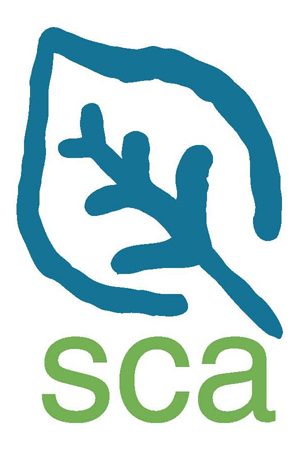Veterans Serve as Wildland Firefighters
Student Conservation Association Aids Vets' Transition to Civilian Life
Dust and smoke billow around five figures — uniformed, heavily laden with backpacks and gear, carrying tools in their arms. They are attentive to the hazards that surround them. The lead is scanning ahead, looking for hot spots for the team to address. From the way they move as a unit, it is clear this is a trained team — familiar with each other through hours of training and service together.
This scene is easily imagined by anyone familiar with wildland fire. The scene is also reminiscent of one faced regularly by young men and women deployed to the other side of the globe, fighting as members of the U.S. armed forces. The tools may be very different, but the environment, dedicated training, exposure to regular hazards and reliance upon other team members all are seen on the fireline.
Upon their return from Iraq and Afghanistan, U.S. military veterans face new battles to reintegrate into civilian life. One of the most significant issues for the newly returned is unemployment. While the long-term unemployment of veterans actually trends lower than the national average, in 2012 the average unemployment rate for veterans age 18-24 was a startling 20.0%.1
For all post-9/11 veterans, the unemployment rate in June of 2013 was 7.2%. Women veterans have an even higher rate for the same month, 8.9%.2
There is little data that pinpoints the cause of this lack of employment for young, recently returned individuals. However, common-sense analysis concludes that these veterans are attempting to enter the work force without the benefit of non-military job experience. The skills gained in military service may not directly translate into civilian employment opportunities.
The Student Conservation Association (SCA), in cooperation with the U.S. Forest Service (USFS) and other conservation organizations, has developed a program to provide technical training and field experience to help address this skills gap — the Veterans Fire Corps (VFC). A national, non-profit organization, SCA has been protecting and restoring national parks, forests, marine sanctuaries, cultural landmarks and community green spaces throughout the United States since 1957. The SCA’s mission is to build the next generation of conservation leaders and inspire lifelong stewardship of our environment and communities by engaging young people in hands-on service to the land.
Read more at Fire Chief Magazine
* this article originally appeared in Fire Chief Magazine

